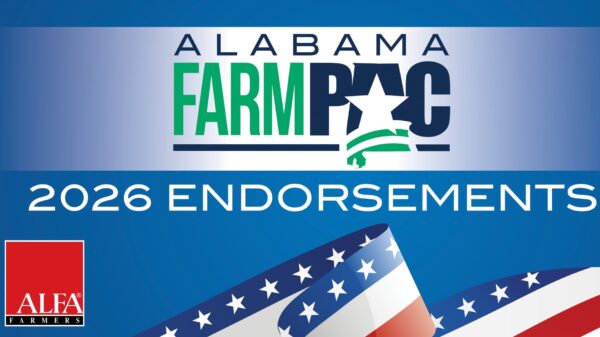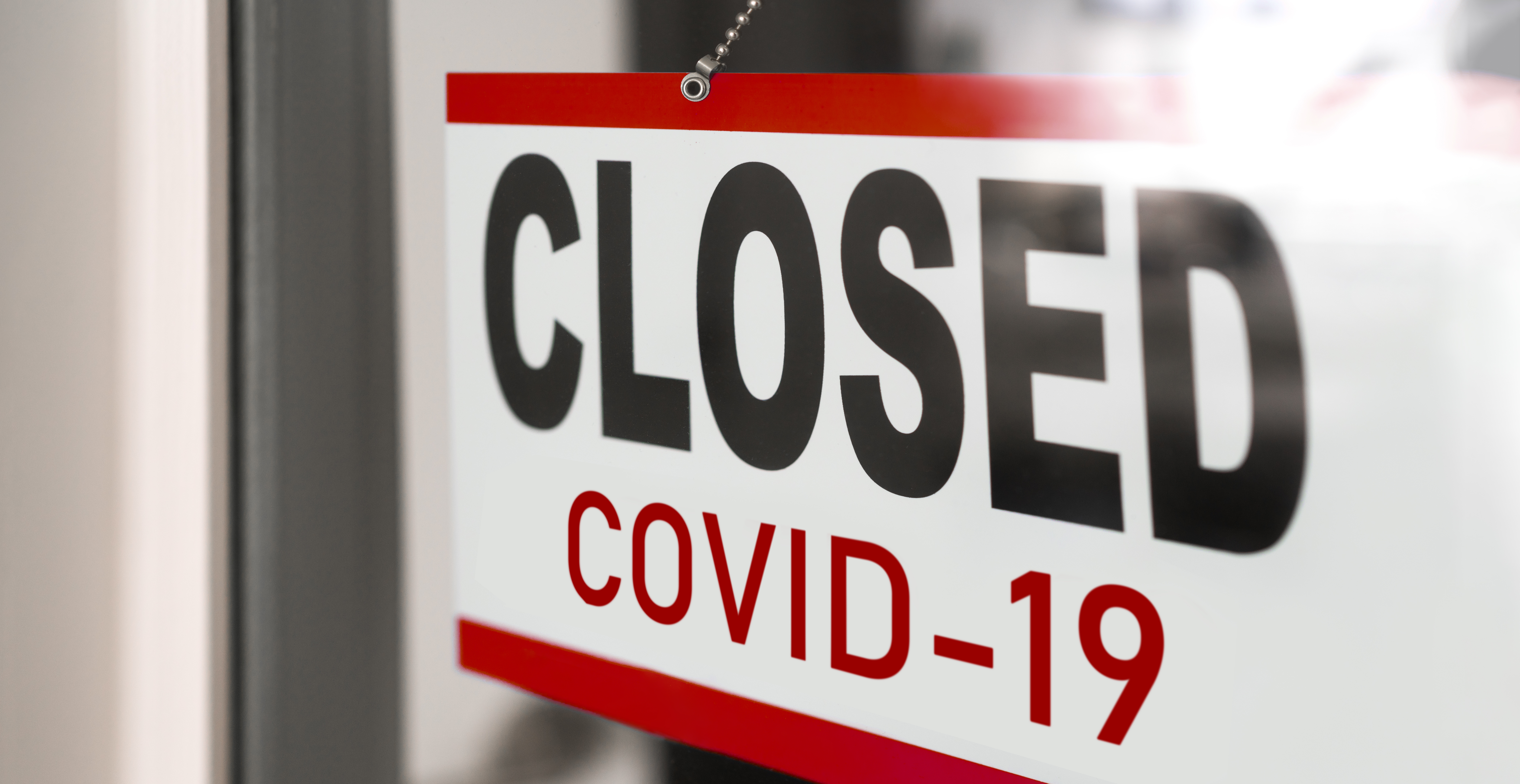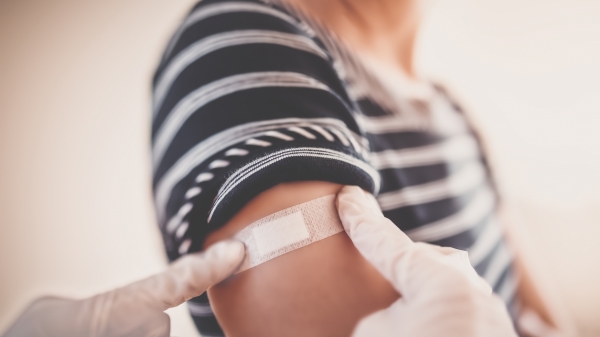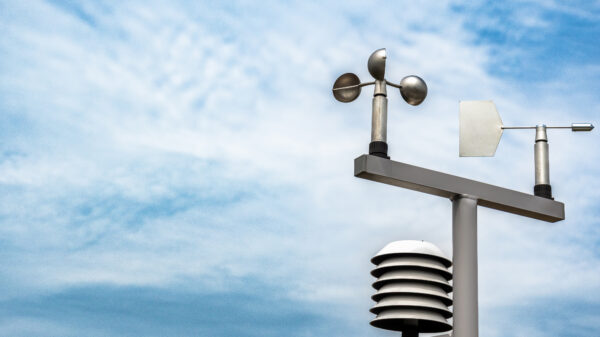The NFIB Research Center released its latest national survey focusing on the impact the COVID-19 pandemic and imposed shutdowns has had on small businesses. This is the 14th survey since early March. One-in-four small business owners reported that they will have to close their doors in the next six months if the current economic conditions don’t improve, up 5 percent from last month. Another 22 percent of owners anticipate they will be able to operate no longer than 7 to 12 months under current economic conditions.
“Many small businesses are facing additional challenges right now related to weather conditions and renewed business restrictions across the country,” said Holly Wade, executive director of NFIB’s Research Center. “The next few months might prove to be the most difficult time for small businesses since the initial shutdown last spring. It is crucial that Congress provides financial relief for small businesses as we head into the winter months.”
NFIB State Director Rosemary Elebash said: “Alabama businesses are facing hardships as they have never experienced. Businesses do not understand the lack of action in Congress with a second round of PPP loans since the first round was successful. Small businesses are doing their part to keep their employees and customers safe, provide a paycheck, and support their communities and state. Congress needs to work together for the survival of Main Street. Businesses make decisions on a daily basis, and Congress needs to make their decision this week to support America’s job creators.”
Key findings from the survey include:
The majority of Paycheck Protection Program borrowers (91 percent) have spent their entire PPP loan.
- If eligible, 45 percent of small business owners would apply or re-apply for a second PPP loan and 33 percent would consider applying.
Significantly more borrowers have submitted their PPP loan forgiveness application over the last month – 44 percent of owners have submitted one, up from 26 percent last month.
- Thirty-six percent of PPP borrowers are not yet ready to submit their forgiveness application and 20 percent are ready but their bank is not yet accepting them.
Almost half of small business owners who have submitted a PPP loan forgiveness application have received final confirmation from the SBA and over three-fourths of them had 100 percent of their loan forgiven.
- Sixteen percent had 99-91 percent of their loan forgiven and 6 percent received less.
- Receiving an EIDL grant was the reason for 85 percent of those who did not receive 100 percent forgiveness on their PPP loan.
Of those PPP borrowers who have not submitted their forgiveness application yet, 56 percent report that they plan to submit it by the end of the year.
- Twenty-two percent plan to submit their application in January and another 6 percent in February.
After using the PPP loan, 22 percent of borrowers have or anticipate having to lay off employees in the next six months, a slight increase from 19 percent a month ago.
- About half (53 percent) of borrowers anticipate needed additional financial support over the next 12 months.
Twenty percent of PPP loan borrowers find that the forgiveness application was difficult or moderately difficult process.
- Twenty percent found the process slightly difficult and 19% said the process was not at all difficult.
About one-third (34 percent) of small business owners have applied for an Economic Injury Disaster Loan (EIDL).
- Eighty-two percent of applicants had their loan approved and 8 percent of applicants were denied.
One in five small business owners have applied for a state or local grant.
- Fifty-three percent of owners received one.
Nineteen percent of small employers reported they have fewer employees than they did this time last year and 11 percent have significantly less.
- Eight percent of small business employers report that their current number of employees is more than they employed this time last year.
- Almost two-thirds (63 percent) of small employers report their workforce numbers are about the same.
Sales levels are still 50 percent or less than they were pre-crisis for one-in-five (20 percent) small businesses with another 29 percent at sales levels of 51 percent-75 percent of pre-crisis.
- Over one-third (36 percent) are back or nearly back to where they were with sales between 76 percent-100 percent of pre-crisis levels with another 14 percent exceeding pre-crisis sales levels.
Most small business owners do not expect business conditions to improve to normal levels until next year at the earliest.
- Four percent report conditions are back to normal now but 47 percent of owners anticipate it taking until sometime in 2021.
- Thirty-six percent anticipate 2022 and 13 percent are less optimistic and don’t expect conditions to full improve until after 2022.
Twenty-seven percent of small employers have had an employee take COVID-19 related paid sick leave or family leave as mandated and offered through the Families First Coronavirus Response Act (FFCRA).
- Only 37 percent of them have claimed the tax credit or an advance refund for reimbursement of those costs.
About one in five (19 percent) of small employers are very concerned about their employees contracting COVID-19 with another 30 percent moderately concerned.
- Thirty-one percent of owners are very or moderately concerned about contracting COVID-19 themselves while operating their business.
As more of the general population are eligible to get the COVID-19 vaccine, 36 percent of small business employers will encourage their workers to get vaccinated.
- Twenty-eight percent report that they might encourage them to do so.
Over half (56 percent) of small business owners plan to get vaccinated.
- Twenty-eight percent say they’ll get vaccinated as soon as it’s available to them and 28 percent report they will get vaccinated but not right away.
This publication marks NFIB’s 14th Small Business COVID-19 survey assessing the health crisis impact on small business operations, economic conditions, and utilization of the targeted small business loan programs. The first series was published in early March 2020 with subsequent publications every 2-3 weeks and can found here. The full survey of the 14th edition is available here.




















































